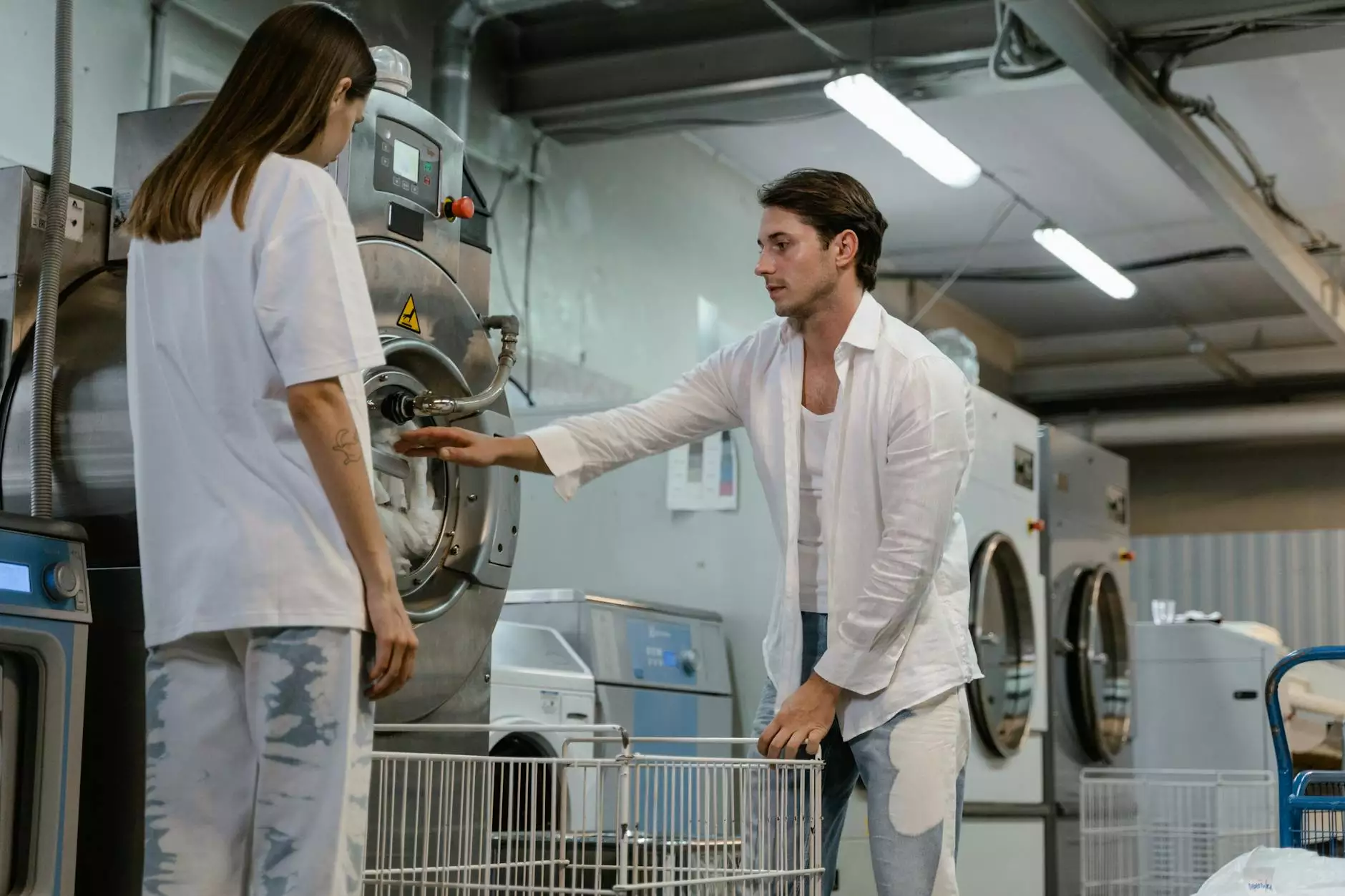CNC Precision Machining Factories: A New Era in Metal Fabrication

The world of manufacturing is evolving rapidly, and at the forefront of this transformation are CNC precision machining factories. These facilities utilize advanced technologies and skilled labor to produce high-quality metal components for various industries. In this article, we will delve into the intricacies of CNC precision machining, its benefits, and why it is essential for modern businesses aiming for excellence in production.
Understanding CNC Precision Machining
CNC, or Computer Numerical Control, machining is a process that automates the control of machining tools via computer programs. This incredible technology has revolutionized the manufacturing landscape, allowing for unparalleled precision and efficiency. But what exactly happens in these factories?
The Process Explained
- Design Creation: The process begins with computer-aided design (CAD) software where engineers create detailed blueprints.
- Programming: The CAD files are transformed into a numerical control (NC) code that instructs the CNC machines on how to move and what actions to perform.
- Machining: CNC machines, such as lathes, mills, and laser cutters, execute the instructions to shape the metal into the desired component.
- Quality Control: Rigorous inspections ensure each part meets the specified requirements, maintaining high standards of quality.
Advantages of CNC Precision Machining
The growing popularity of cnc precision machining factories can be attributed to numerous advantages they offer:
1. Enhanced Precision
One of the standout features of CNC machining is its remarkable precision. Traditional machining processes often involve human error, but with CNC technology, the margin for error is minimal. This level of accuracy is essential for industries such as aerospace, automotive, and medical device manufacturing, where precision is paramount.
2. Increased Efficiency
CNC machining significantly reduces the time it takes to produce components. Machines can operate continuously without fatigue, leading to increased output and faster turnaround times. This efficiency translates to lower production costs, enabling businesses to offer competitive pricing.
3. Versatility in Manufacturing
CNC machines can handle a wide variety of materials, including metals, plastics, and even composites. This versatility allows manufacturers to switch between different products with ease, catering to diverse client needs.
4. Scalability
As businesses grow, so do their production needs. CNC precision machining factories can easily scale operations to meet increased demand without compromising on quality. This scalability is crucial for companies looking to expand their market reach.
Applications of CNC Precision Machining
CNC machining is not limited to a specific sector; it serves a multitude of industries. Here are some notable applications:
Aerospace Industry
The aerospace sector demands the utmost precision and reliability. CNC precision machining factories produce critical components such as brackets, housings, and turbine blades that must adhere to stringent safety standards.
Medical Devices
In the medical field, the accuracy of components can be a matter of life and death. CNC machining produces surgical instruments, implants, and diagnostics tools that require exceptional precision and quality.
Automotive Manufacturing
The automotive industry utilizes CNC machining for producing parts like engine components, gearboxes, and chassis. The reliability and durability of these components are vital for vehicle performance.
Choosing the Right CNC Precision Machining Factory
When selecting a CNC precision machining factory, several factors should be considered to ensure optimal outcomes:
1. Experience and Expertise
Look for factories with a proven track record in CNC machining. Their experience can significantly affect the quality of the components produced.
2. Technology and Equipment
The level of technology available in a factory can determine its production capabilities. Factories that invest in advanced CNC machines and software are more likely to produce high-quality parts efficiently.
3. Quality Assurance Processes
Understanding a factory's quality assurance measures is crucial. Look for certifications and industry standards they adhere to, which reflect their commitment to quality.
Sustainability in CNC Machining
As global awareness of environmental issues increases, many CNC precision machining factories are adopting sustainable practices. Here’s how:
1. Efficient Resource Utilization
CNC machining is inherently more efficient, minimizing waste and maximizing the use of materials. Factories are implementing strategies to recycle scrap materials, further contributing to sustainability efforts.
2. Eco-friendly Technologies
Advanced CNC machines often operate using less energy. Factories are also exploring alternative coolants and lubricants that are environmentally friendly, reducing their ecological footprint.
The Future of CNC Precision Machining
The future of CNC precision machining looks promising, driven by technological advancements and industry demands. Here are some trends shaping the landscape:
1. Automation and Robotics
The integration of robotics with CNC machining is revolutionizing production. Automated systems enhance efficiency and reduce labor costs, allowing for more complex operations.
2. IoT and Smart Manufacturing
The Internet of Things (IoT) is transforming factories into smart manufacturing units. CNC machines equipped with IoT technology can communicate data in real-time, optimizing processes and maintenance schedules.
3. Additive Manufacturing
As 3D printing and CNC machining technologies converge, manufacturers can produce parts more rapidly and potentially with fewer materials. This hybrid approach will redefine production capabilities in the coming years.
Conclusion
In conclusion, CNC precision machining factories embody the future of metal fabrication. Their advantages—precision, efficiency, versatility, and sustainability—make them indispensable in today’s manufacturing landscape. As technology continues to evolve, these factories will lead the way in innovation, setting new standards for quality and performance across industries. Embracing CNC precision machining is not merely a choice; it is a strategic necessity for businesses aiming to thrive in a competitive marketplace.
For companies looking to leverage the benefits of CNC precision machining, partnering with a reputable factory is paramount. By focusing on quality, technology, and sustainable practices, businesses can secure their place at the forefront of their respective industries.



